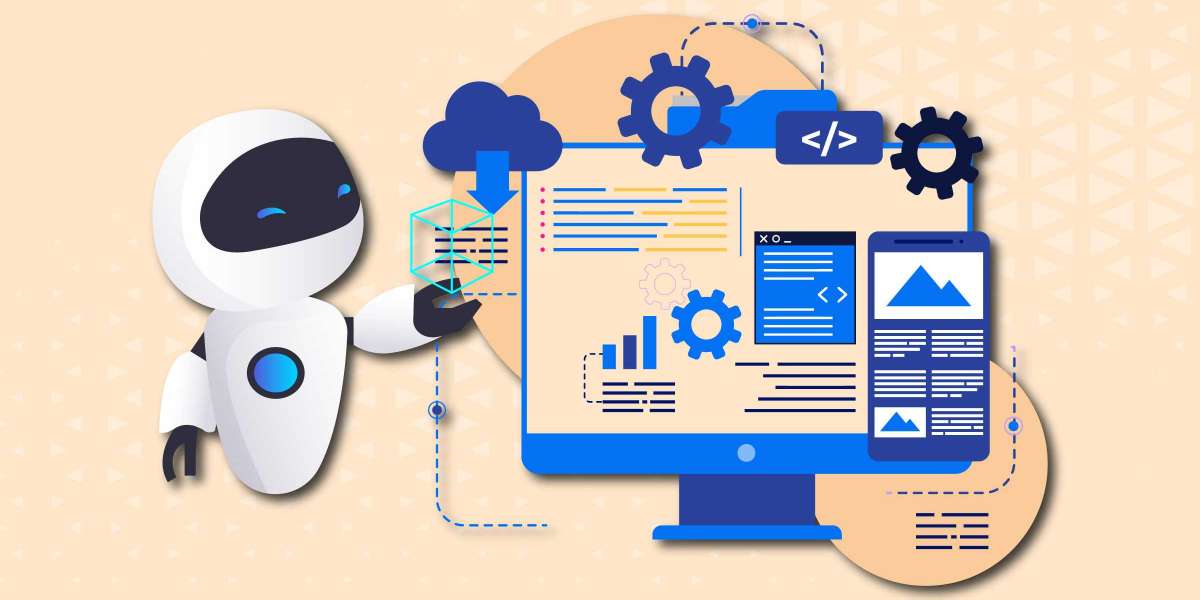AI is revolutionizing software testing by offering a range of potential applications. One major area where AI can be applied is in test case generation. Through machine learning algorithms and data analysis, AI can identify patterns and generate test cases more efficiently than traditional manual methods. This can significantly speed up the testing process and improve test coverage.
Another key application of Artificial intelligence in software testing is in defect prediction and detection. By analyzing historical data and identifying common patterns in defects, AI algorithms can help teams anticipate potential issues before they occur. This proactive approach to defect detection can greatly enhance the overall quality of software products and reduce the likelihood of costly bugs slipping through the cracks.
Challenges Faced in Implementing AI in Software Testing
There are several challenges that organizations encounter when incorporating AI into software testing processes. One major obstacle is the requirement for extensive data sets for training AI algorithms effectively. Without sufficient and high-quality data, the AI models may not be able to accurately detect defects or anomalies in the software.
Furthermore, the complexity and variability of software applications can present difficulties for AI systems, as they may struggle to adapt to the diverse range of scenarios and inputs that can arise during testing. This can lead to limited effectiveness and accuracy in identifying potential issues within the software.
Benefits of Using AI in Software Testing
Using AI in software testing offers numerous benefits to organizations looking to streamline their testing processes and improve overall efficiency. One of the key advantages is the ability of AI algorithms to analyze vast amounts of data quickly and accurately, providing insights that can help identify defects and potential issues in the software. This facilitates faster bug detection and resolution, ultimately leading to higher quality software products being delivered to end users.
Additionally, AI can automate repetitive and time-consuming testing tasks, freeing up human testers to focus on more creative and complex aspects of testing. By leveraging AI-powered tools, organizations can achieve greater test coverage and reliability, leading to improved overall test accuracy and reduced testing time. This not only saves time and resources but also enhances the overall quality of the software being tested.
Key Technologies Driving AI in Software Testing
Artificial Intelligence (AI) has significantly revolutionized the landscape of software testing, introducing a wide array of technologies that play a pivotal role in improving testing processes. One of the key technologies driving AI in software testing is Machine Learning (ML). ML algorithms enable software testers to analyze vast amounts of data to detect patterns, anomalies, and trends that may go unnoticed through traditional testing methods. By automatically learning from data and experiences, ML empowers testers to make more informed decisions and predict potential issues in software applications.
Another essential technology that is propelling AI in software testing is Natural Language Processing (NLP). NLP enables testers to interpret and analyze human language, facilitating the automation of tasks such as creating test cases, analyzing user feedback, and generating test reports. Through NLP, AI systems can understand, interpret, and respond to human language inputs, enhancing communication and collaboration between testers and developers. Its integration in software testing processes enhances efficiency, accuracy, and effectiveness in identifying and resolving software defects.
Role of Machine Learning in Software Testing
Machine learning plays a crucial role in revolutionizing software testing processes. By analyzing massive datasets and patterns within them, machine learning algorithms can predict potential bugs or identify areas that require more testing focus. This predictive capability helps testers prioritize their efforts efficiently, ultimately improving the overall quality of the software product.
Moreover, machine learning models can be trained to detect anomalies and deviations from expected behaviors in software systems. This proactive approach allows for the early identification of software defects, reducing the likelihood of critical issues slipping through the cracks and reaching the end-users. Through continuous learning and adaptation, machine learning empowers software testing teams to stay ahead of the curve in ensuring the reliability and robustness of their applications.
Impact of AI on Test Automation
AI has significantly revolutionized the landscape of test automation in software development. By harnessing the power of artificial intelligence, testing processes have become more efficient and effective. The ability of AI to analyze large volumes of data and identify patterns has paved the way for automated test case generation, predictive analysis, and intelligent bug detection.
Moreover, AI algorithms can now autonomously execute test cases, interpret results, and even self-heal test scripts when necessary. This level of automation not only accelerates the testing process but also enhances its accuracy and reliability. As a result, software development teams can focus their efforts on higher-value tasks, while AI handles repetitive and time-consuming testing activities.
What are some potential applications of AI in software testing?
Some potential applications of AI in software testing include test design, test execution, test data generation, and defect prediction.
What are some key technologies driving AI in software testing?
Some key technologies driving AI in software testing include natural language processing, computer vision, machine learning, and predictive analytics.








